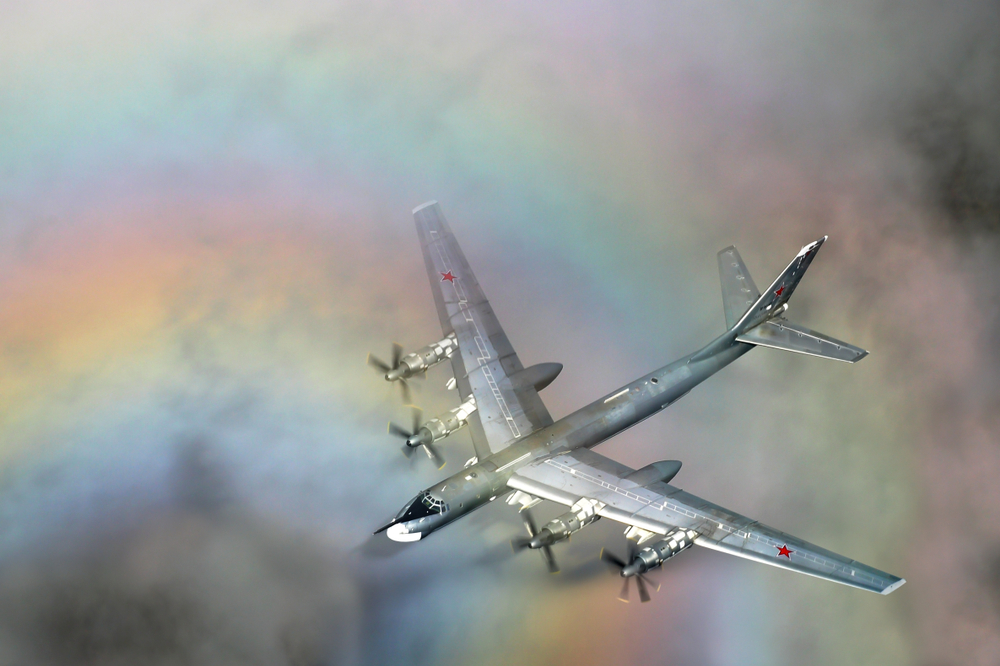The Tu-95MS bombers encounter several issues that could undermine their effectiveness.
Others are reading now
Russia’s Tu-95MS strategic bombers, a cornerstone of the nation’s military capabilities, are reportedly facing significant operational challenges, according to a recent analysis by Defence Express.
Part of Nuclear Deterrence
As of early 2024, Russia operates approximately 47 Tu-95MS bombers, with some upgraded to the Tu-95MSM variant.
These bombers are crucial for Russia’s nuclear deterrence and offensive operations, including strikes using Kh-101 cruise missiles on targets such as those in Ukraine, according to WP.
Despite their strategic role, the Tu-95MS bombers encounter several issues that could undermine their effectiveness. Although these aircraft are theoretically capable of carrying up to eight Kh-101 missiles, actual operations typically see only 1-2 missiles deployed per mission.
Also read
This limitation arises from the need to mount missiles on external pylons, which places additional stress on aircraft designs that are nearly 40 years old.
Russia is Grappling with Challenges
Technical constraints also affect the Tu-95MS fleet. The NK-12MP engines of these bombers are rated for just 5,000 flight hours.
With a restricted annual usage of up to 200 hours, the operational lifespan of these engines is limited. Historical technical problems, including a fire in onboard electronic systems that led to a 2013 crash, further highlight concerns about the fleet’s reliability.
Russian military officials are grappling with the challenge of maintaining and enhancing the operational capacity of these aging bombers.
The projected service life extensions of up to 2035-2040 may seem overly optimistic in light of these ongoing issues. Defence Express suggests that Russia’s strategic ambitions could face significant hurdles due to these hidden problems, potentially impacting the effectiveness of the Tu-95MS bombers in future operations.


